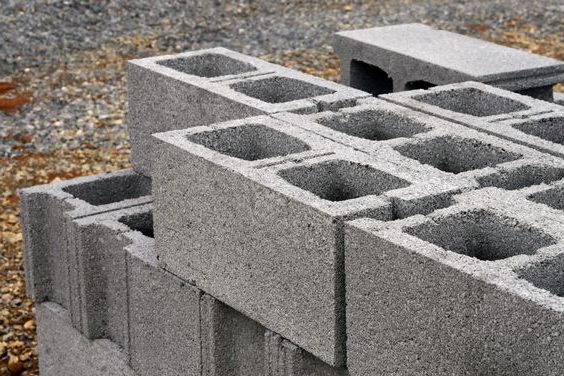To achieve efficient construction it is critical to be knowledgeable on the various types of cement blocks available. Cement block manufacturing entails the making of different blocks such as hollow blocks, solid blocks, and blocks with interlocking features which all have their advantages. Hollow blocks are light but have good thermal performance as well while the solid block offers superior compressive strength. They are more convenient to construct and lead to the minimal use of mortar. Knowledge of these types aids in choosing the right material to be used in construction in order to achieve the desired results in construction projects.
Introduction to Cement Blocks
Manufacturing of cement blocks are crucial in the construction industry due to the reliability of building materials. There are different types of cement blocks with each type having been developed to suit certain construction requirements. Knowledge of these various types is useful in establishing the right type of concrete for a particular project to have maximum longevity and productivity.
Hollow Cement Blocks
These are lightweight construction blocks characterized by internal voids that help to decrease the amount of structural load. These blocks provide excellent thermal efficiencies and are commonly used in residential and commercial structures. These air pockets also serve as additional benefits due to its ability to reduce sound transmission making the interior of structures built with hollow blocks quieter.
Solid Cement Blocks
These are concrete blocks that are more rigid and are commonly used as walls and partitions in houses. It doesn’t have any cavities inside, thus making them heavier; however, they are stronger than the hollow blocks. These blocks are used in load-bearing walls and zones in construction that require high-density pressure. Being solid structures, they afford good protection against any pressure or impact from the outside.
Interlocking Cement Blocks
Concrete interlocking blocks are used as building blocks since they lock together without the use of cement or joineries. This type of block helps in easing construction, fastens the construction period, and reduces the use of mortar. These blocks are mainly used in the construction of retaining walls, garden walls and other applications where landscaping is required.
Choose the Right Block
Choosing between the types of cement blocks depends on the load-bearing capacity that is needed, thermal insulation, and the time available to construct. A basic understanding of the nature of each and its advantages assists in making the right decision.
Bottom Line
In cement block manufacturing, it is imperative to be familiar with the types of cement blocks mainly there are the hollow block, the solid block, and the interlocking block to know which among them is best suited for a particular construction. It helps in giving better performance, efficiency as well as the quality of the building practices.





